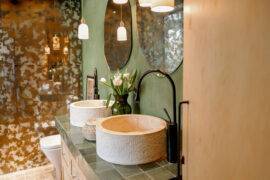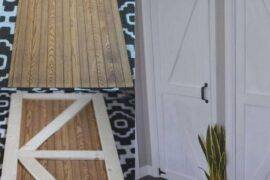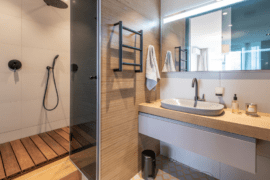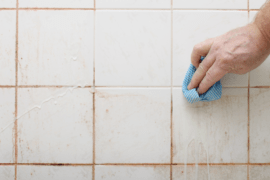Embarking on a small bathroom remodel can be an exciting venture, promising a fresh and functional space. However, success in this endeavor starts with a solid financial plan, but there are also things to avoid.
Assessing your budget is the cornerstone of a well-executed renovation project. By evaluating your finances, prioritizing your needs, researching costs, and creating a detailed budget, you can make informed decisions and avoid overspending. In this guide, we’ll explore essential steps to help you navigate your small bathroom remodel journey while keeping your budget intact.
Assess Your Budget
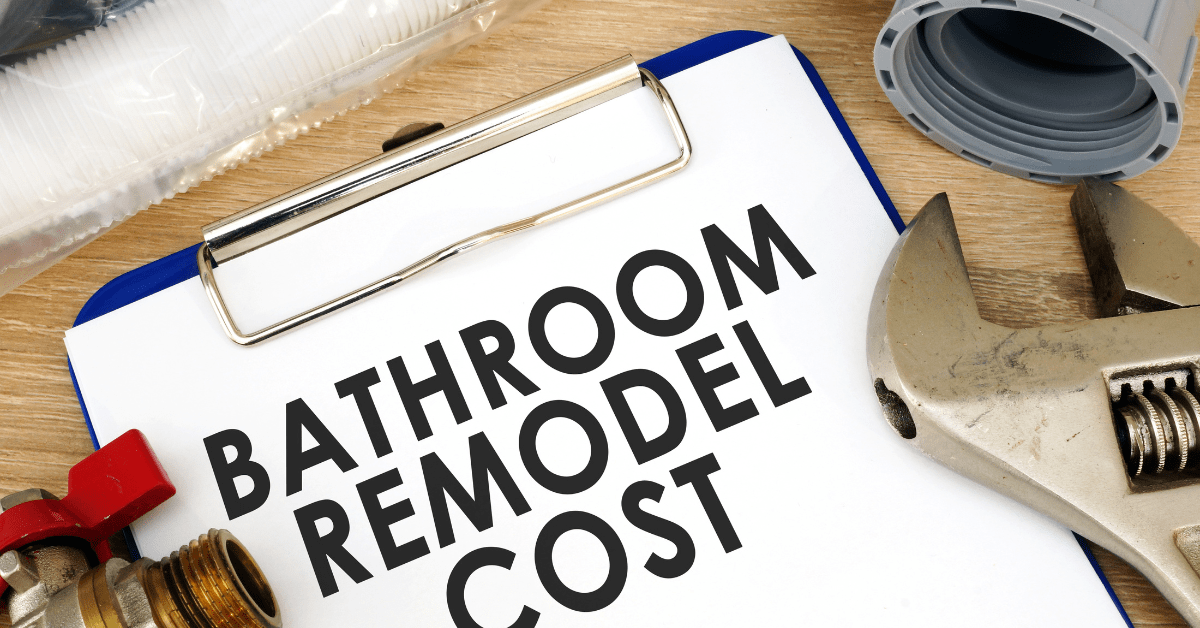
Before diving into your small bathroom remodel, it’s essential to set a realistic budget. Assess your finances and determine the maximum amount you can comfortably spend. It’s also a good idea to set aside a contingency fund for unexpected expenses. Having a clear budget in mind will guide your decision-making throughout the project and prevent overspending.
1. Evaluate Your Finances: Start by taking a comprehensive look at your financial situation. Review your savings, monthly income, and any funds you’ve allocated for this project. Knowing how much you have available to invest in your small bathroom remodel is the crucial first step. Be honest with yourself about what you can comfortably afford without straining your finances.

2. Prioritize Your Needs and Wants: Before establishing a firm budget, prioritize the aspects of your small bathroom remodel. What are the must-haves, and what are the nice-to-haves? For example, fixing a leaky faucet may be a necessity, while upgrading the lighting may be a preference. By identifying these priorities, you can allocate funds more effectively.
3. Research Project Costs: Research the average costs of the renovations you plan to undertake. This step involves gathering estimates for materials, labor, and any professional services you might require. You can consult contractors, visit home improvement stores, or explore online resources to get a better understanding of the expected expenses. Keep in mind that prices may vary based on your location and the specific products or services you choose.

4. Create a Detailed Budget: Once you have a clear understanding of your financial situation and the projected costs, it’s time to create a detailed budget. Allocate specific amounts to different aspects of your project, such as flooring, fixtures, and labor. Make sure to include a contingency fund, typically around 10-15% of your total budget, to cover unexpected expenses or changes in the project scope.
5. Be Realistic: When setting your budget, it’s essential to be realistic about your expectations. If your budget is limited, you may need to make some compromises on the scope of the project or the quality of materials. While it’s tempting to aim for the highest-end fixtures and finishes, consider how you can achieve your desired look within your financial constraints.
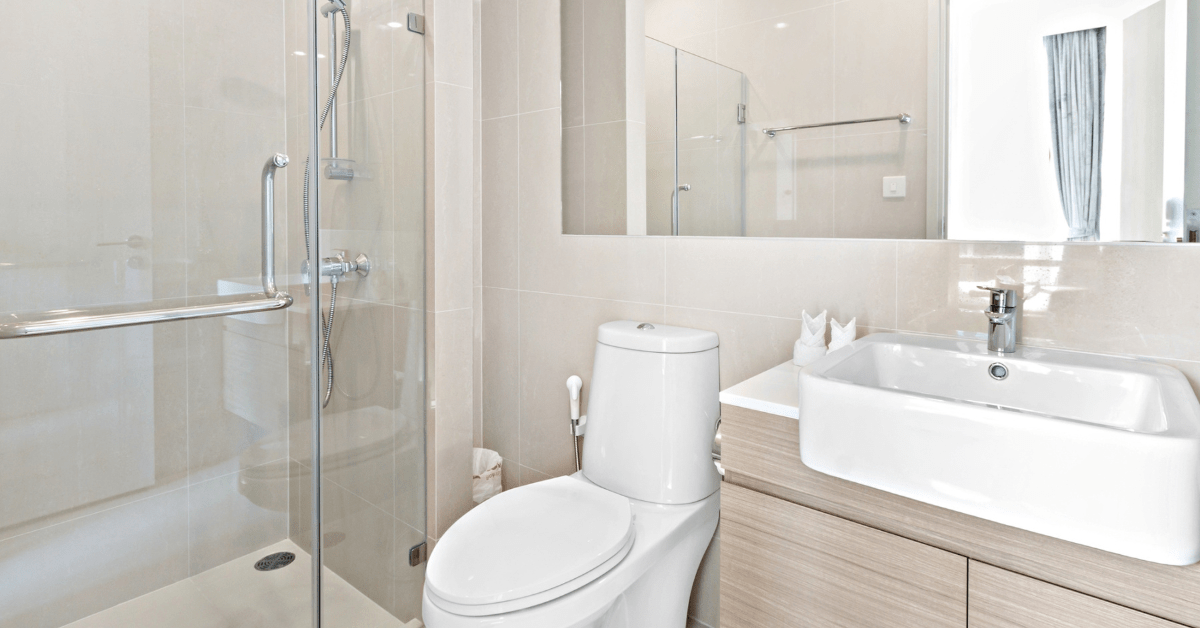
6. Plan for the Future: Consider how your small bathroom remodel fits into your long-term financial goals. Will this renovation add value to your home, and is it a wise investment for the future? Balance your budget with the potential return on investment (ROI) if you plan to sell your home eventually.
7. Track Expenses: As you progress with your small bathroom remodel, keep track of your expenses. It’s essential to monitor your spending and make adjustments as needed to stay within your budget. Unexpected costs can arise during any renovation, and being vigilant about your expenditures will help you make informed decisions.

In the world of small bathroom renovations, careful financial planning is key to achieving your desired outcome without breaking the bank. By setting a realistic budget, prioritizing your needs, researching costs diligently, and staying vigilant about expenses, you can transform your space while staying within your financial means. Remember, being realistic, planning for the future, and tracking your spending are vital practices that ensure your DIY renovation project not only enhances your home but also aligns with your financial goals. Happy remodeling!
